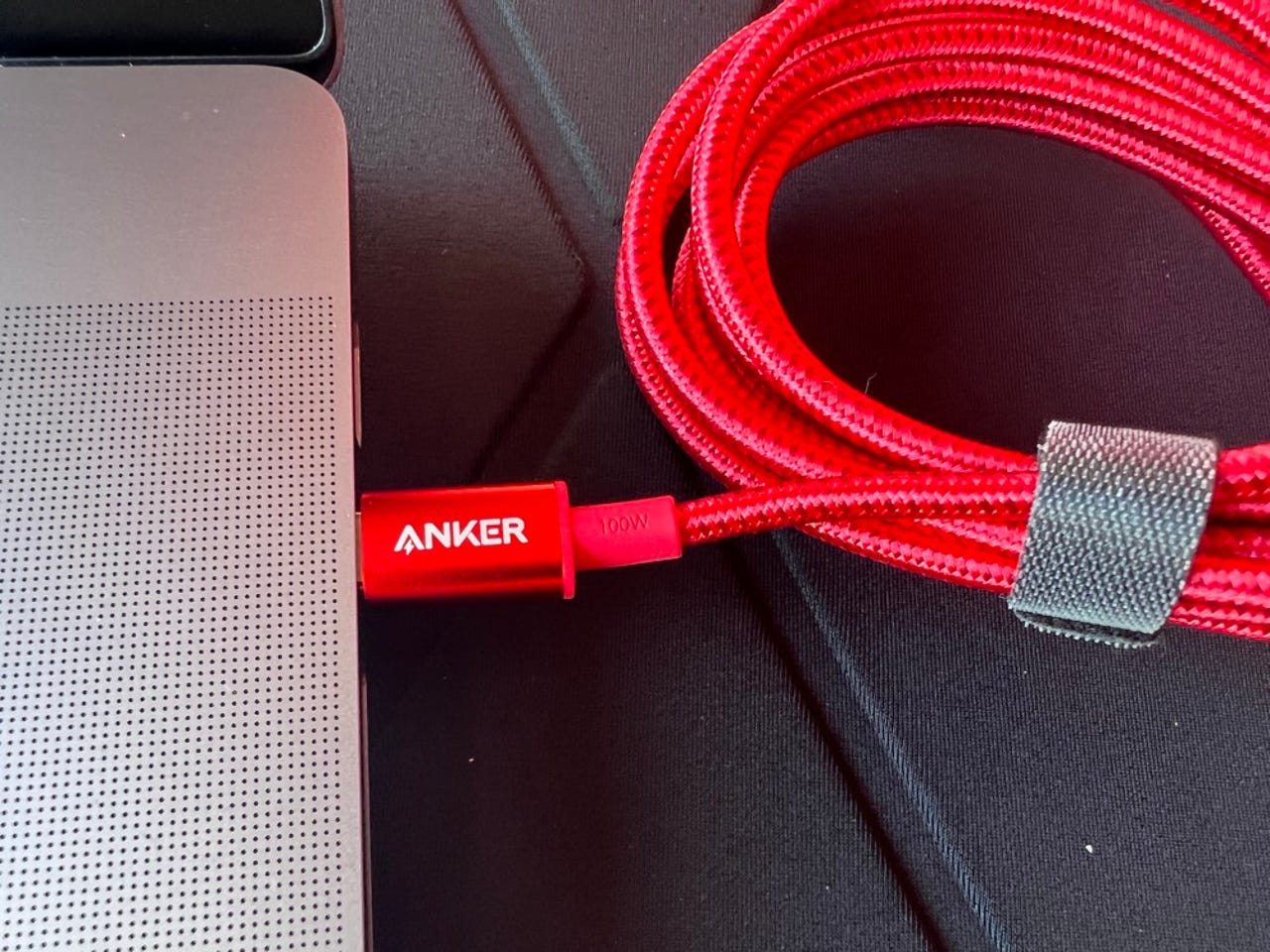'ZDNET Recommends': What exactly does it mean?
ZDNET's recommendations are based on many hours of testing, research, and comparison shopping. We gather data from the best available sources, including vendor and retailer listings as well as other relevant and independent reviews sites. And we pore over customer reviews to find out what matters to real people who already own and use the products and services we’re assessing.
When you click through from our site to a retailer and buy a product or service, we may earn affiliate commissions. This helps support our work, but does not affect what we cover or how, and it does not affect the price you pay. Neither ZDNET nor the author are compensated for these independent reviews. Indeed, we follow strict guidelines that ensure our editorial content is never influenced by advertisers.
ZDNET's editorial team writes on behalf of you, our reader. Our goal is to deliver the most accurate information and the most knowledgeable advice possible in order to help you make smarter buying decisions on tech gear and a wide array of products and services. Our editors thoroughly review and fact-check every article to ensure that our content meets the highest standards. If we have made an error or published misleading information, we will correct or clarify the article. If you see inaccuracies in our content, please report the mistake via this form.
Are long USB-C charging cables a fire hazard?


Anker 3-meter/10-foot 100W USB-C-to-USB-C cable
Not a week goes by that someone doesn't ask me about USB-C charging cables, and whether it's safer to buy a shorter charging cable for a smartphone or a laptop, because longer cables are more prone to overheating and could burst into flames.
When I prod the questioner about this, they'll admit to having heard or read about "increased resistance" and how this can cause overheating. And because of this, they should choose the shortest cable possible.
Not true.
I'm currently using a 3-meter/10-foot USB-C to USB-C cable from Anker to charge my 16-inch M1 Pro MacBook Pro, and it's charging the battery at 94W, which is the best I'd expect from USB-C charging (if I want more, I'd use the 140W MagSafe cable).
The cable is flawless.
macOS system report showing charging current
It just works and doesn't get hot or even warm.
ZDNET Recommends
I have also tested longer cables, including the 5-meter MicroConnect USB-C cable which also supports 100W. Those cables have also worked great.
From a fire safety perspective, I would avoid two things here:
- Long cables from no-name brands: My experience with these has been variable. They seem to suffer from premature death when pushed hard.
- Damaged cables: 100W USB-C chargers put out a fair bit of power, and while there are a lot of safety features built into USB-C chargers, a damaged cable could still pose a safety issue.
But I have another safety concern with long cables. A much more serious safety concern than fire.
They're a trip hazard.
Having long cables trailing about the place is a real danger. Not only can tripping on a cable damage people, but it can also damage the hardware they are connected to. And I've seen plenty of people and laptops go flying, all because of long cables.
While long cables might seem handy, they can also be a major pain.
So, if you're tempted to buy a long charging cable, consider whether you need one or if it's something that sounds like a good idea but in actuality will turn out to be annoying.